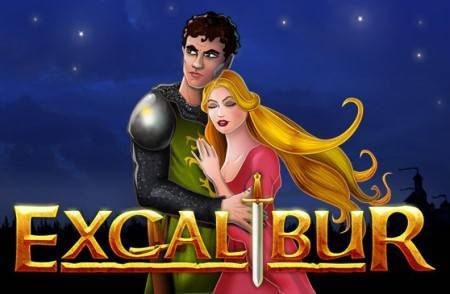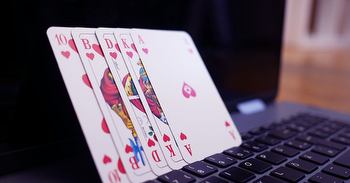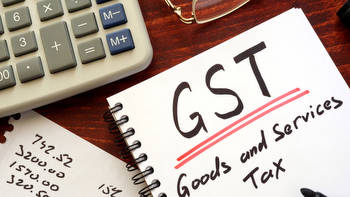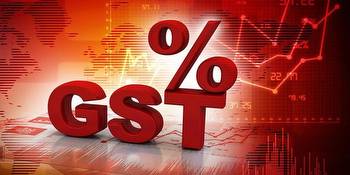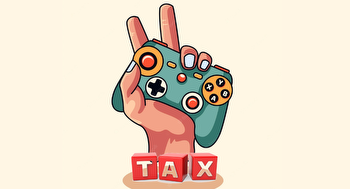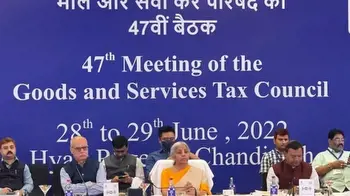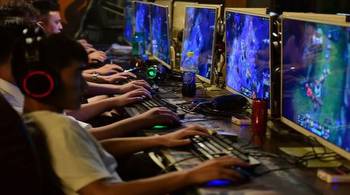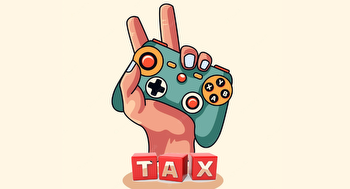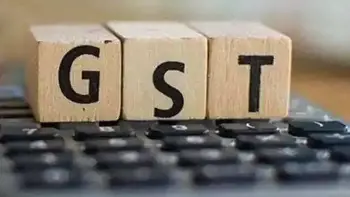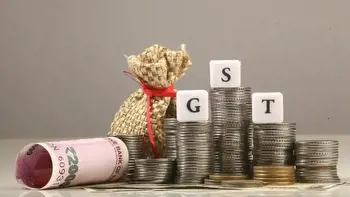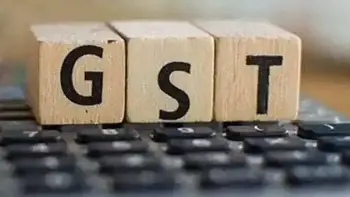The GST conundrum: A super hard level for the Indian online gaming sector

Uncharted, Evil Dead, Overwatch, Genshin Impact…these are not Hollywood films, but online games that give you a high adrenaline rush every time you dive into them. Every year, the number of online gamers in India surges due to the popularity of these visually enticing, heart-pounding games.
According to EY research, the number of online gamers increased by 8 per cent from 360 million in 2020 to 390 million in 2021. With new concepts such as metaverse, live streaming services, championship tournaments, and money-making opportunities, the number of gamers is expected to exceed 450 million by 2023.
India’s online gaming market is expanding at a rapid pace. As the pandemic receded, the online gaming segment grew 28 per cent to Rs 101 billion in 2021. Real money gaming accounted for more than 70 per cent of the segment’s revenue. This number hints towards the long-term positive growth of the domestic industry and its potential to become a meaningful contributor to the GDP of the country.
Even as this industry appears to be on the rise, the GST conundrum may stymie its rapid growth. Why that could be the case…here’s the explainer.
How GST is critical
Online gaming as an industry is still a niche segment in India, hence, its regulatory, or legal ecosystem is in a nascent stage. And furthermore, the legality depends on the nature of the game—whether it’s a game of skill or a game of chance. This is where GST proves to be an important component—here’s how.
A game of chance translates to betting or gambling activities and is taxed at a higher rate than a game of skill. In India, it is 28 per cent and is levied on the total transaction value.
Meanwhile, the distinction between betting and gambling has an impact on the indirect tax implications as well. “As a result, the online games offered by industry players must qualify as a game of skill and thus be legal in India,” according to an EY analyst.
The current formats in gaming are card-based games, competitive skill-based gaming or e-sports, or casual gaming such as candy crush.
Let’s first understand how GST is levied on online gaming.
The tax process on online gaming
Online gaming companies operate in two ways. One is the rake fee model- a concept taken from the game of poker. Or they operate on the freemium model.
In the former model, the gaming platform charges a rake fee for facilitating the play of the games. It is also called the Gross Gaming Revenue (GGR). In the freemium models, the gameplay is free but additional features may require the user to purchase certain items for a monetary price.
Either way, they are providing services to the consumers, so GST must be levied.
As of now, a tax rate of 18 per cent is levied on the commission (or GGR) collected by the online gaming platforms for each game that does not involve betting or gambling. “This rate is in line with global best practices since the online gaming industry’s tax structures in countries such as the USA, UK, Germany, and Australia, range between 15 per cent to 20 per cent,” states the E-Gaming Federation, a non-profit organisation for self-regulating the Indian e-gaming sector.
Now, the government has decided to intervene and examine how the online gaming industry is taxed through the GST Council. A year ago, (May 25, 2021) they formed a Group of Ministers (GoM) to scrutinise the details and finalise the recommendations for online gaming taxes. Which was reconstituted in February this year. Now, this eight-member group recently recommended a hike in GST to the tune of 28 per cent from 18 per cent on online gaming services, casinos, and racecourses. This recommendation to raise the GST has roiled up the industry.
According to industry stakeholders, GST issues have contributed to regulatory uncertainty, and this step may pose another impediment to the sector. They have several reasons behind their argument.
There’s a difference in skill gaming and chance gaming
One of the major asks from the stakeholders is to treat online gaming -a game of skill differently from a game of chance.
“As online gaming is different from gambling,” comments Sameer Barde, CEO of EGF.
Understand it with the help of this infographic.
Clearly online gaming fits the bill for a game of skill.
For instance, Rummy has been declared to be a game of skill or mere skill by the apex court in various landmark judgements. A similar precedent is that of online poker, which was held to be a game of skill. In fact, in another landmark judgment from the Punjab and Haryana High Court in April 2017, it was ruled that playing Online Fantasy Sports Gaming (OFSG) involves a substantial degree of skill and it was classified as a ‘game of skill’.
“The Supreme Court and several High Courts have reaffirmed the status of skill-based games as legitimate business activity, so the rational tax treatment of online skill gaming will help in creating mutually beneficial situations for all the stakeholders,” says Barde.
“Currently, the legal position for online skill gaming in India is well settled,” says Roland Landers, CEO of the All India Gaming Federation. Multiple industry experts have opposed clubbing the online gaming industry in the 28 per cent GST bracket along with racing, gambling and betting. They argue that if there is a hike of 10 per cent, there will be no demarcation among the two games.
Furthermore, it would create confusion.
Confusion over valuation and tax rules
Following the second meeting of the GoM, the GST valuation will most likely be set at 28 per cent. Given that 18 per cent GST is levied on the GGR rather than on the prize pool (the amount of money distributed among the winners), the key issue is determining how and on what component the GST will be levied.
“There seems to be a lot of confusion on the valuation methodology including the initial sum, the Gross Gaming Revenue and the total deposits being reported in the media. I believe that any other valuation other than the commission /service fees will be disastrous for the gaming industry,” comments Landers of AIGF.
According to industry estimates, the typical platform fee or GGR may work out to be anywhere between 1 to 20 per cent of the contest entry amount or CEA. Whereas the technology platform or online gaming platform owner has no right, title or interest over the prize pool amount.
At the same time, currently the CGST Rule 31A 2017 applies only to activities involving a ‘chance’ to win in gambling, betting or horse racing.
This rule clearly indicates that the activity depends on ‘chance’, implying that Rule 31A strictly applies to games of chance and not to online games.
Since the gaming platform only earns the rake fee and treats it as revenue (the balance amount i.e., the stake amount minus the rake fee being payable to the winner), the entire stake value cannot be considered as a turnover liable for GST as it would be arbitrary and devoid of logic.
“The valuation mechanism in collecting GST on the whole stake esteem versus the service fee component should be laid out clearly to avoid any ambiguities or potential litigations,” Landers remarks
Several media reports, however, state that the tax will be levied on the entire ‘face value’ or ‘bet amount,’ rather than on the total transaction value. However, because it was unclear at the time of writing this piece, Barde of EGF told us that they can only comment on this after reviewing the actual report or the minutes submitted by the GoM.
“We hope that the GoM has considered our request to keep a favourable GST rate to be paid on the Gross Gaming Revenue (GGR). A rational tax treatment for the online skill gaming sector would encourage growth, innovation, employment opportunities, government revenues, and most importantly, responsible and safe gaming. As a self-regulator for the industry, we believe that the right approach in levying GST will help create a win-win situation for all the stakeholders,” he says.
But what if GST is charged on the stakes
Supposedly if this happens, it will be disastrous for this sunrise industry.
EGF explains that the hike will raise the tax by over 800 – 900 per cent and encourage illicit market operations, which will expose the players to unscrupulous operators (predominantly offshore), substantially reduce tax revenues for the government, and all but wipe out a legitimate sunrise sector with the potential to generate $25 billion in annual revenues and hundreds of thousands of jobs by 2030.
According to estimates, the country has more than 15,000 game developers. Several international studios, including Electronic Arts (EA), Ubisoft, and Zynga, already have setups in India that train future game developers. Since 2010, the number of gaming companies has nearly doubled, reaching 275 by 2020.
Commenting on the scenario, Landers asserts that the GST regime for the online gaming industry should be kept rational and progressive. But if it is otherwise, it will adversely impact the entry of new players in this arena and be a deterrent to the fostering of innovative strategies for this sector.
“That’s not all, in case it is applicable on the entire pool value then it would adversely impact the customers as well, as they would get less playable value and this will encourage the push towards the grey market operators,” he tells us.
Furthermore, a higher tax bracket could negatively impact the inflow of foreign investments. “This will result in a loss of investor-confidence, debilitating India’s online gaming industry, which is currently witnessing fast and exponential growth at a 35 per cent CAGR,” says the Internet and Mobile Association of India in a statement.
According to a BCG report, investors are drawn to the boom in the Indian gaming industry, with platforms that offer casual genres as the top priority, with over 88 per cent of all Venture Capitalist (VC) funds invested in that genre. While the industry has received US$ 200 million in FDI.
The IAMAI adds that an increase in the GST rate is likely to turn the businesses in this sector unviable, leading to a complete shutdown which, in turn, will result in the loss of a large number of jobs.
And if this is not enough, there are some more developments that might further bog down the online gaming companies.
A committee to decide its fate
In a new development, the government has formed a committee to oversee the online gaming industry. This committee will research best practises from around the world and recommend a regime that is appropriate for the Indian online gaming sector as a uniform regulatory mechanism.
This panel will include the CEO of Niti Aayog and secretaries from various government departments. According to HT Media, the panel will consider ease of doing business, compliance, a level playing field, and protecting gamers from user harms such as addiction. In addition, the panel will create a broad structure for the proposed central laws, consult with experts, and submit a report in three months.
Furthermore, they are also looking for a ministry to oversee this whole task.
It’s a fact that every industry requires a robust regulatory ecosystem to grow, and online gaming desperately needs a revamp given that there are many ambiguities related to the taxes and regulations around it. But it seems that for the online gaming industry this level is super hard, considering the mindset of one of the GoM members, who thinks that these activities have an adverse impact on the society at large by pushing children towards gambling. Meanwhile, imagine this chosen ministry controlling the games that Indians should play!
This is some food for thought, till then play your favourite online game and keep reading SME Futures.







